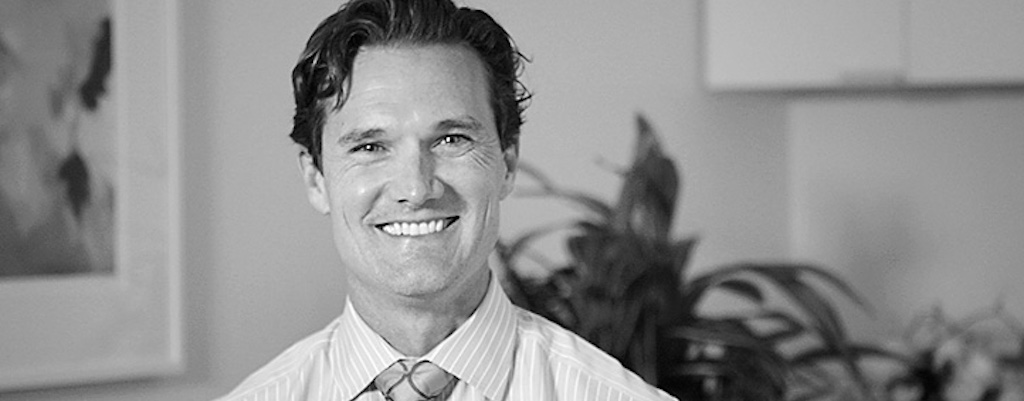Advice for T1D Beginners from an Endocrinologist + Patient
I will never forget that first month after my diagnosis with type 1 diabetes. I think “stunned” is the best descriptor. The emotional memory of that month sits with me today, even after 15 years of trial and error in finding my path while living with type 1. I survived those early days because I remained positive and hopeful of a future free of complications. I rose to the challenge rather than shrank from it, and embraced my diabetes rather than throwing hate at it.
When you are first diagnosed, you will likely feel as though you’re being bombarded with information and need to absorb it all right away. The plan will be far from perfect, and the real learning will began after you go home and start to manage yourself.
My journey with type 1 diabetes, both as a patient and as an endocrinologist, has helped me to develop some advice for newly diagnosed type 1s to thrive in those scary first 30 days:
- Stay Positive. Your first thought may be my life is over, but honestly your life can get better with diabetes. A new diagnosis is overwhelming but I promise it gets easier with time. With effort you will learn more about your body, better appreciate good health and celebrate aspects of life you never knew deserved celebration. Breathe, smile and take one day at a time.
- Embrace your diabetes. Unfortunately, it is not going anywhere anytime soon, so until a cure is found you need to allow diabetes to enhance your life, not overwhelm it.
- Don’t go into the diabetes closet. Many people spend too much energy hiding diabetes, and sacrifice their control under the guise of making others feel more comfortable.
- Check your sugar often. The universal recipe to good diabetes control is knowing your blood sugar. Check often, and find the glucometer, lancet device and possibly continuous glucose sensor which fits your lifestyle.
- Don’t be pushed into technology too early. New, and more complex technology doesn’t always mean better. Experiment with different ways of delivering your insulin and monitoring your blood sugar. Find the ways which work best for you and will be most sustainable and motivating.
- Find a diabetes team that you connect with. If you don’t like your endocrinologist or diabetes educator, shop around! It is important that you feel comfortable and connect with the people giving you medical advice for your diabetes.
- Use your energy to learn from your diabetes mistakes, not berate yourself for them. We all have highs and lows. Accept that they will happen, and learn from them when they do in order to prevent them in the future.
- Exercise. Exercise is a medication, and a cornerstone to good diabetes care. Learn how to walk off highs, and ward off lows by adjusting insulin around activity.
- Learn the foods you love. Modern diabetes care does not mean giving up the foods you love. Learn how to adjust insulin, food portions and activity to keep your blood sugars smooth while enjoying the food you love.
- Just breathe. Diabetes is a marathon, not a race.
Read more about the First 30 Days.





